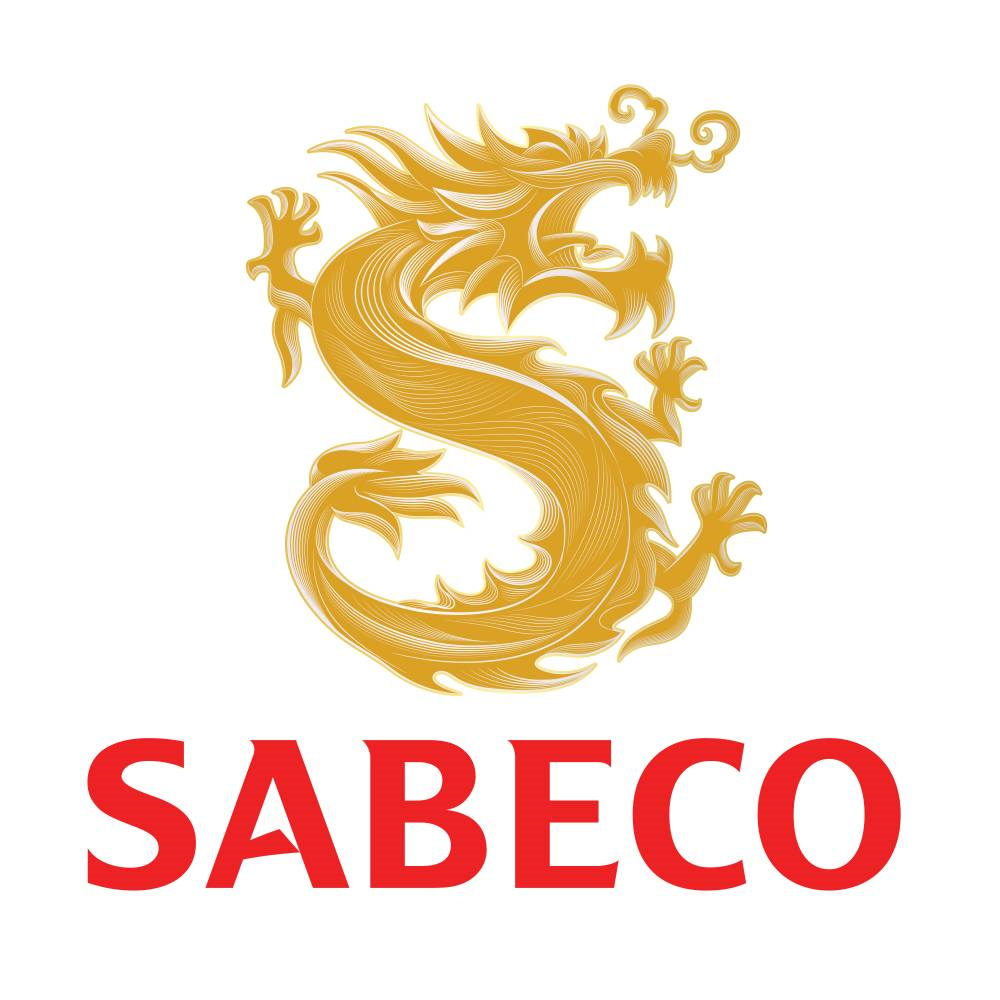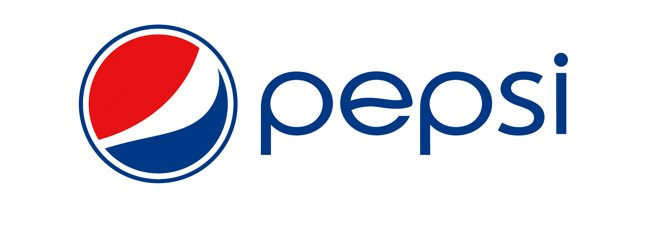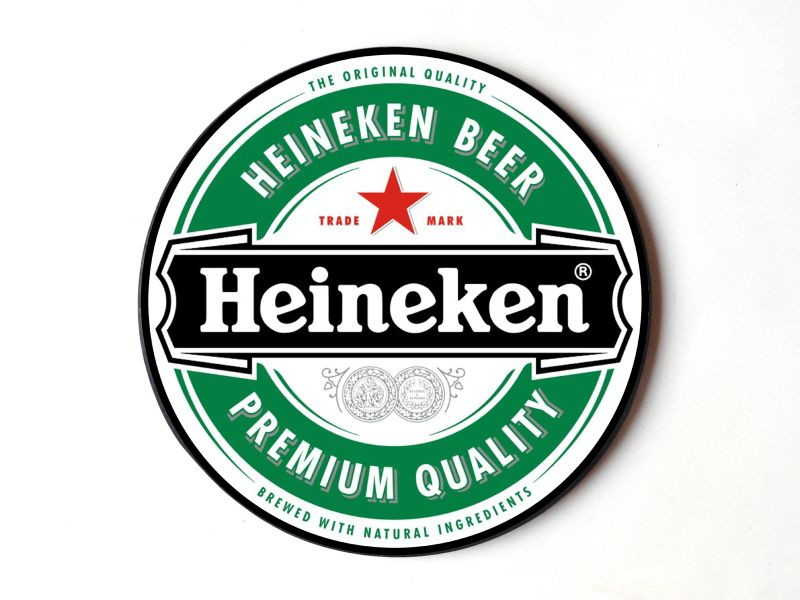Vegetarianism is a diet that many people love and apply. But how to ensure nutrition as a vegetarian?
Fasting is a method to help the body purify and promote health, but it is a vegetarian diet in the right way. If you follow an unscientific diet, your body will easily fall into a state of nutrient deficiency. So do you know what scientific nutrition is like?
What is a nutritious vegetarian diet?
A vegetarian diet is known as a diet where people will use legumes, seeds and grains to replace meat, fish or livestock. In addition to the main foods, vegetarians will also add other foods to ensure nutrition and help the body stay healthy and beautiful every day. Depending on the supplements, vegetarian diets are usually divided into 3 categories:

In particular, the lacto-ovo diet is a scientific, popular and chosen vegetarian diet that provides enough nutrients for the body. To properly follow this vegetarian diet, you need to strictly adhere to the consumption of plant foods, nuts, beans and grains, eggs and dairy.
Supplement the necessary nutrients to ensure a nutritious vegetarian diet
In addition to learning what a vegetarian can eat, based on the principles of a vegetarian diet, you need to pay attention to the nutritional needs of the body to supplement with a sufficient amount of necessary nutrients in daily meals. :
The protein
Legumes and seeds contain a variety of protein sources, so vegetarians need to supplement food sources from beans and nuts to help the body get a regular protein supply. This is also the answer to the question that is being asked by many people, "How to be a vegetarian with enough quality".
According to the American Institute of Medicine, the amount of protein needed for each woman to consume per day is 46g, and of that, men will need 56g.

Iron and zinc
Iron is a nutrient that plays an important role in red blood cells, found in legumes such as dried beans, peas and lentils; cereals; dark green vegetables and dried fruits. However, iron from plants is difficult to absorb, so vegetarians need to get twice the normal iron intake of non-vegetarians. In addition, you can eat foods rich in iron and vitamin C to accelerate the body's absorption of iron.
Besides iron, zinc is also an essential nutrient present in the composition of enzymes and helps in cell division and protein formation. Plant zinc occurs in whole grains, legumes, seeds, and wheat germ. In addition, cheese is also a great food for vegetarians who choose to use dairy products.
Vitamin D and Calcium
Calcium has an essential role in the formation of strong bones and the efficiency of metabolism in the body. In particular, vitamin D is the foundation for your body to absorb calcium found in dark green vegetables, beans, especially tofu.

Vitamin B12
This is a nutrient produced mainly by bacteria from animal products, so vegetarians are often deficient in vitamin B12. To supplement enough vitamin B12 for the body, vegetarians can consume substitutes such as cereals, whole milk products, seaweed, ...
Omega-3 fatty acids
Omega-3s are essential for the nervous and cardiovascular systems to keep them healthy. In particular, omega-3 is present in vegetarian products from walnuts, soybeans and canola oil.

Vegetarianism is a healthy diet that improves people's health and helps reduce the risk of cancer. Nutritional vegetarianism not only brings positive effects to human health but also effectively supports the weight loss process.






Hotline
Hotline

